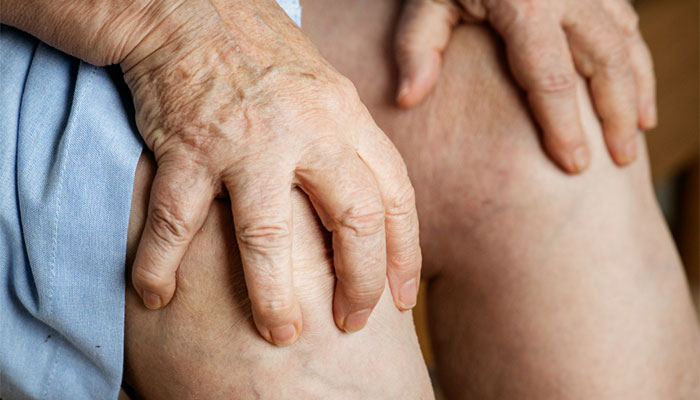Gout is a type of inflammatory arthritis that is characterized by pain and swelling in the joints. This condition most commonly affects the big toe joint.
Signs and Symptoms of Gout
The most frequently observed symptoms of gout are confined to the joints. Symptoms in the affected joints include:
- Intense pain
- Discolouration or redness
- Stiffness
- Swelling
- Tenderness
- Warmth
Causes of Gout
Gout is caused by the accumulation of uric acid within the body. In certain circumstances, the body may produce an excessive amount of uric acid, or the kidneys may not be able to remove it from the bloodstream promptly, which can cause uric acid crystals to accumulate in the joints.
Individuals with certain medical conditions are more susceptible to developing gout, including:
- Overweight
- Congestive heart failure
- Diabetes
- Hypertension
- Blood cancer
Understanding Gout in Ayurveda
Gout in Ayurveda is attributed to an imbalance in the body’s doshas, particularly Vata and Rakta (body tissue). It is primarily caused by dietary factors and lifestyle choices that aggravate these doshas. Excessive consumption of foods high in uric acid, such as red meat, alcohol, and certain seafoods can contribute to gout. Additionally, sedentary habits, stress, and inadequate hydration can lead to imbalanced doshas.
Treatment and Management
Gout treatment typically involves medication to relieve pain and inflammation during acute attacks, such as nonsteroidal anti-inflammatory drugs (NSAIDs) or corticosteroids. Long-term management includes medications to lower uric acid levels, lifestyle changes like dietary modifications, and staying hydrated to prevent recurrent gout episodes and joint damage.
Palliative care offered by SGP’s PSA has been demonstrated to be effective in alleviating symptoms and enhancing the quality of life for patients with gout. The primary focus of care delivered by the PSA is to manage symptoms, address emotional and psychological distress, and improve overall comfort.
FAQs about Gout
-
Stress can lead to gout attacks in some people. This is due to high stress and anxiety levels leading to elevated uric acid. Taking steps to manage stress can also promote relaxation and reduce stress-related inflammation.
-
Yes, poor kidney function can reduce the body’s ability to excrete uric acid, leading to its accumulation and gout attacks.
-
Yes, gout can affect any joint, but it commonly starts in the big toe. Other joints like knees, ankles, and wrists can also be affected.
-
If gout is not treated, it can lead to chronic pain, joint damage, and mobility issues. Uric acid crystal deposits can accumulate in joints, causing progressive inflammation and erosion. Severe untreated gout may result in tophi, visible nodules under the skin, and kidney damage due to prolonged high uric acid levels.
-
To reduce the risk of developing gout, it is recommended to avoid the consumption of high-purine foods and beverages. Additionally, it is important to drink adequate amounts of water to improve renal function and prevent dehydration. Regular physical activity can also help to reduce stress on the joints and reduce the likelihood of developing gout.






